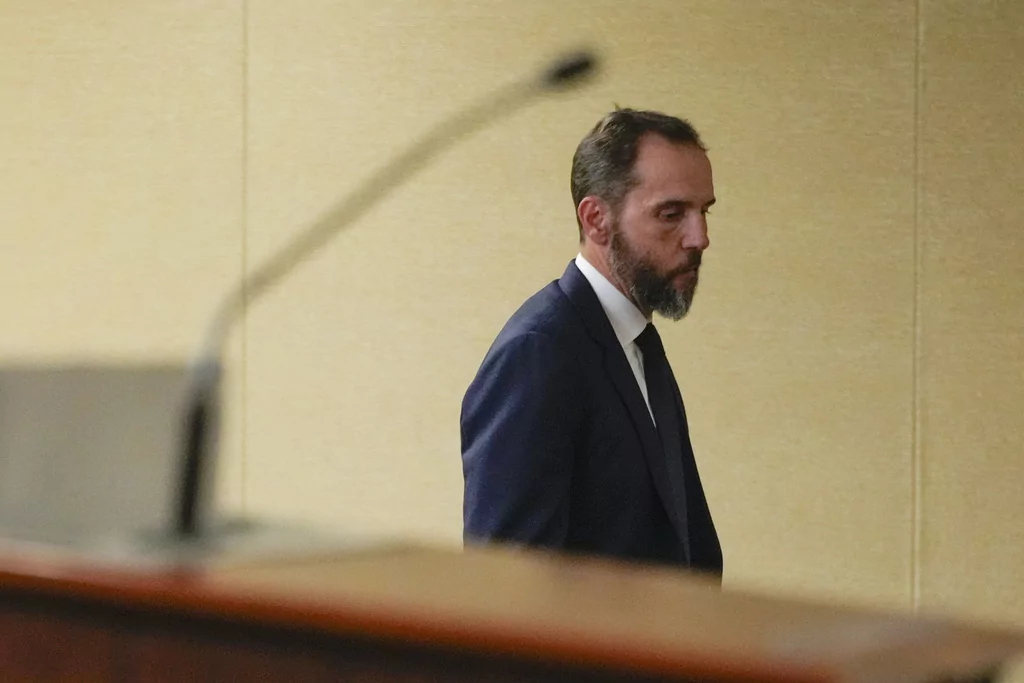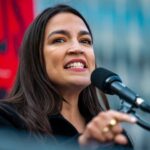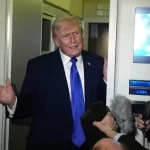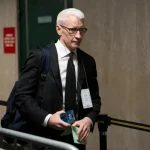
When the criminal cases against Donald Trump were just beginning to unfold last year, it was the former president who made every effort to stall and delay proceedings as he forged ahead with his 2024 reelection campaign.
Now, the shoe is on the other foot. Just days after the case returned to U.S. District Judge Tanya Chutkan’s courtroom, she granted special counsel Jack Smith‘s motion to postpone an Aug. 9 deadline until Aug. 30 for a filing that would help her set a schedule for the remainder of the case.

Chutkan, who expressed eagerness to move the case quickly after waiting eight months for the Supreme Court to determine Trump’s presidential immunity fight, agreed on Friday to reschedule the next in-person hearing from Aug. 16 to Sept. 5, just 60 days before Election Day.
Although legal experts have long said the opportunity for a pre-election trial has come and gone, those attorneys now say there is an even slimmer chance Chutkan can make headway on pretrial evidentiary hearings ahead of the Nov. 5 election.
“The downside of delay is that [to] the extent that people think there could be a hearing, a factual hearing where we hear from witnesses, the more there’s a delay, the less likely that is going to happen before the election,” former federal prosecutor Andrew Weissmann told MSNBC on Friday.
Here are three reasons why Smith may have delayed the case:
Everyone in DOJ wants to be on the same page
Without explicit explanation, Smith’s office indicated that the Department of Justice at large was taking a broader look at the impacts of the immunity decision not just in the Trump case, but how its precedent may impact other divisions at the agency.
Several legal experts and former prosecutors say Smith hinted at this issue when he wrote in court filings that he is engaging in “consultation with other Department of Justice components.”
Former federal prosecutor Shan Wu wrote for the Daily Beast that such components would likely include “the office of the Deputy Attorney General, the Criminal Division, the Office of Legal Counsel, the office of the Solicitor General as well as the Office of the Attorney General,” to ensure that the DOJ is unified around one position on presidential immunity.
The workload for this case has also flip-flopped since the high court found former presidents do enjoy certain immunities for official acts they take while in office. Trump is sure to argue that he is immune from every aspect of the four-count indictment, while Smith will have to present his arguments, based on the vaguely written Trump v. United States ruling, as to what can and cannot stick.
Joyce Vance, another former federal prosecutor, argued in her newsletter that the case is “one of the most important indictments ever,” noting “you need to make sure you’ve got it right.”
Smith could be planning superseding indictment
The other possibility for Smith’s delay tactic could be that the special counsel’s office is gearing up for a superseding indictment that could aim to ensnare more people in Trump’s close circle, or one that merely subtracts from the current indictment.
Trump is charged with conspiracy to defraud the United States, witness tampering, conspiracy against the rights of citizens, and obstruction of and attempt to obstruct an official proceeding, which encompasses his challenging of the election results after his defeat in November 2020.
Some legal experts have suggested one or more charges could be tossed in light of the Supreme Court’s immunity ruling, though not all are able to agree on which ones would not survive a revised superseding indictment.
Others, such as Karen Friedman Agnifilo, a former federal prosecutor who has practiced privately since 2021, recently questioned why unnamed co-conspirators from the indictment — who appear to be Rudy Giuliani, lawyer John Eastman, lawyer Sidney Powell, former DOJ official Jeff Clark, and lawyer Ken Chesebro — have not been indicted by the federal government.
“When are they going to be indicted?” she asked during a podcast on the liberal MeidasTouch website.
Weissmann indirectly answered this question during his MSNBC appearance on Friday, saying he doubted that Smith would drag other co-conspirators into the case because there is nothing that would have precluded him from taking those steps while the Supreme Court was weighing the immunity case.
“There would be no reason that Jack Smith could not have sought an indictment of underlings before that or have sought it sooner than needing another three weeks,” Weissman said.
The Kamala factor
Last but not least, the third reason why Smith could be pumping the brakes on the pace of this case is the election battle between Vice President Kamala Harris and Trump.
It has long been predicted that if Trump wins back the Oval Office, he would order his attorney general to dismiss the two federal indictments against him. He’s already partially succeeded on one front after U.S. District Judge Aileen Cannon dismissed his classified documents case on the basis that Smith was improperly appointed and funded.
But if Trump does not win, it will only truly be the beginning of his legal woes. The former president will more than likely have to stand trial in at least two more cases, including the similarly problem-plagued case in Georgia, which faces its own unique slate of hurdles before heading to a potential trial.
CLICK HERE TO READ MORE FROM THE WASHINGTON EXAMINER
“Even if there’s nothing that happens between now and the election, if she is elected this case is going to go forward,” Weissmann said.
If Democrats feel confident that Harris can defeat Trump, then they likely see no need at this point to wait and see what the voters think of the DOJ’s legal onslaught against Trump.




